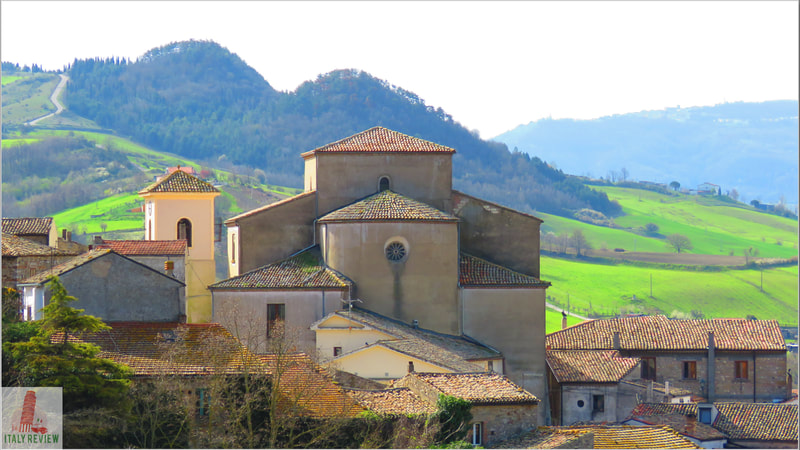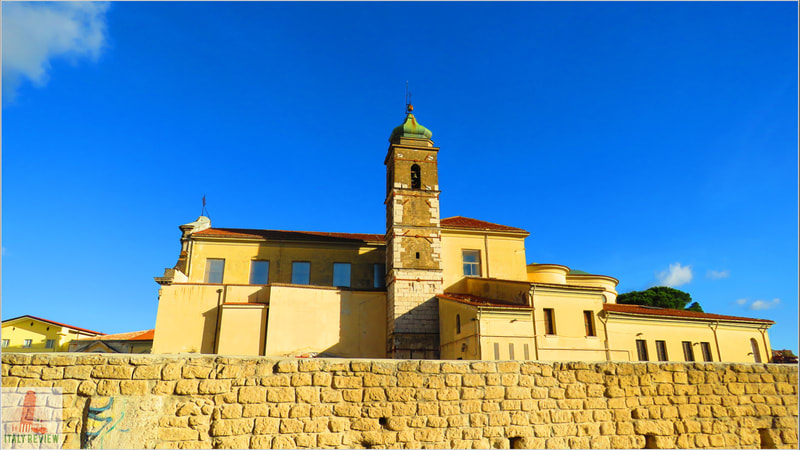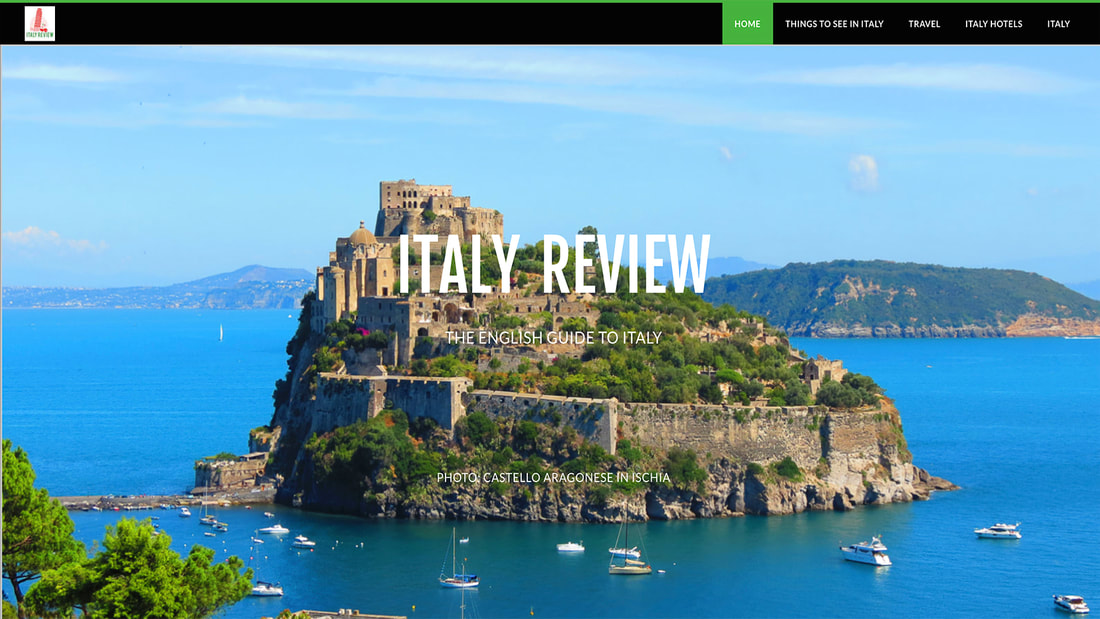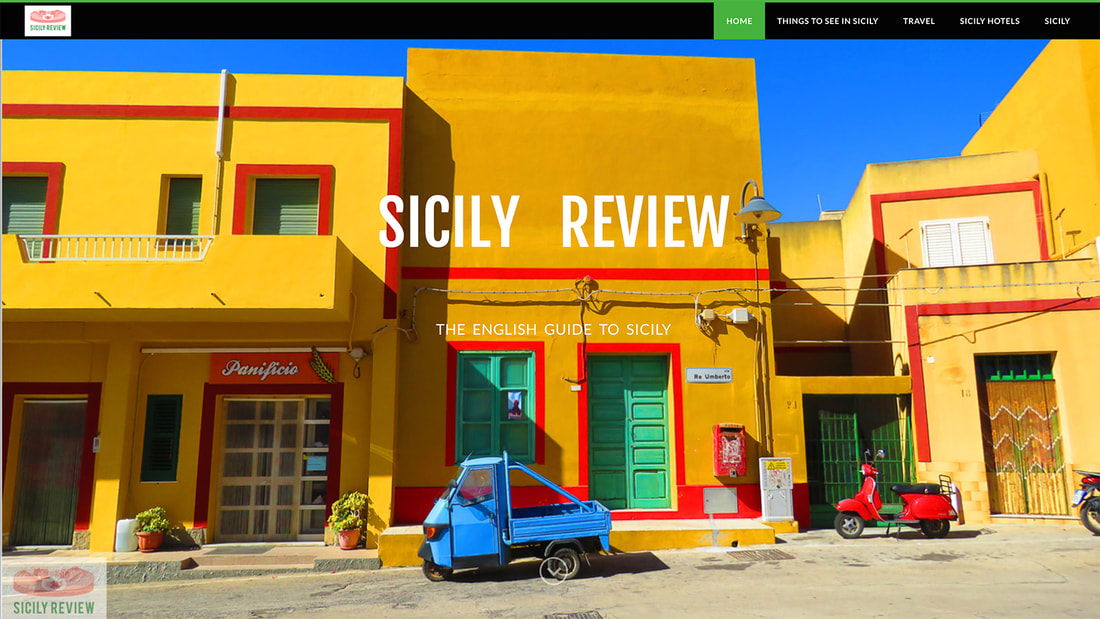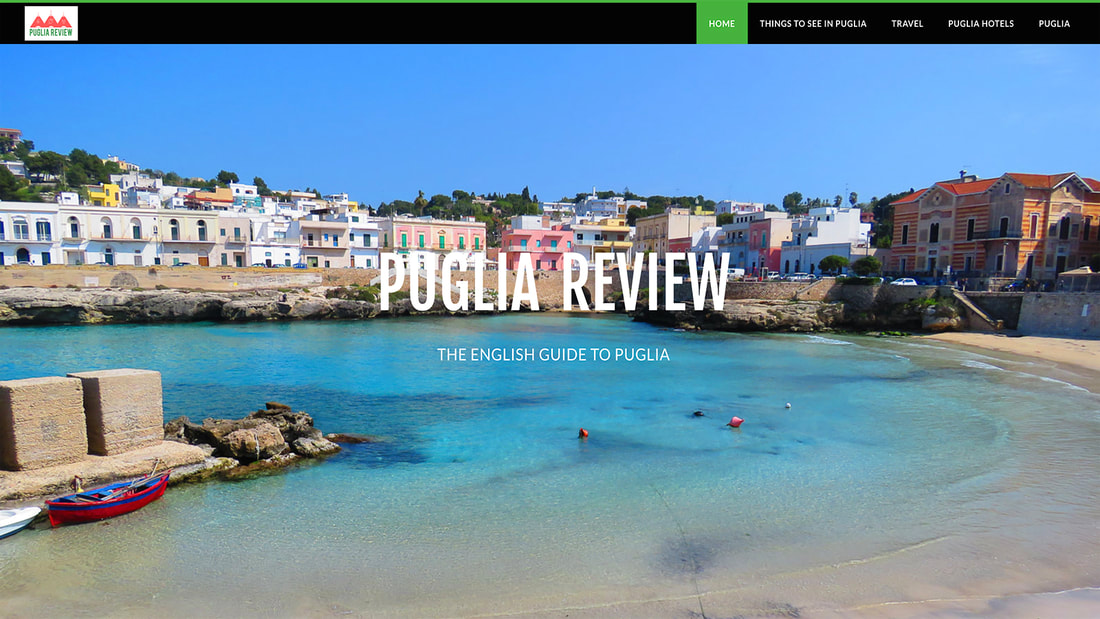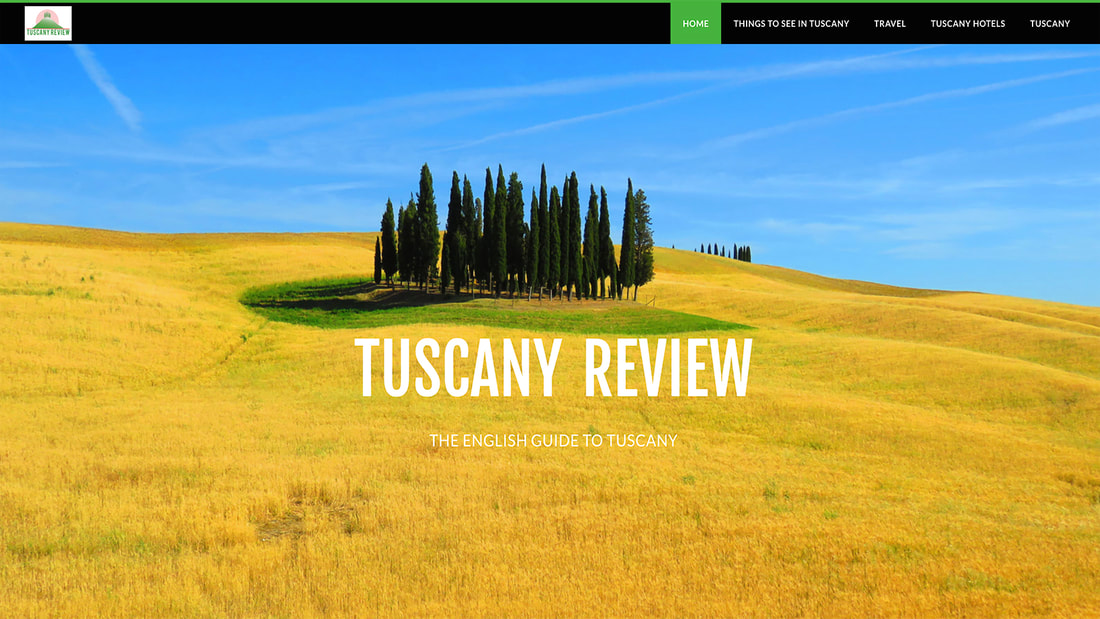Avellino Province
Latest update: 29 January 2024
|
The Avellino Province occupies a geographical area of 2,806 square kilometres including the provincial capital: Avellino.
Within the province there are 118 provincial towns, which contain a total population of around 418 thousand inhabitants. Among the highlights of the province are the historic villages of Zungoli, Monteverde, Savignano Irpino and Nusco. |
|
Related links
Provincia di Avellino
|
Region: Campania
Provincial capital: Avellino Province population: 401,451 (source: ISTAT 1 January 2022) Size: 2,806 km² Comunes: 118 Highlights: Zungoli, Monteverde, Savignano Irpino, Nusco |

